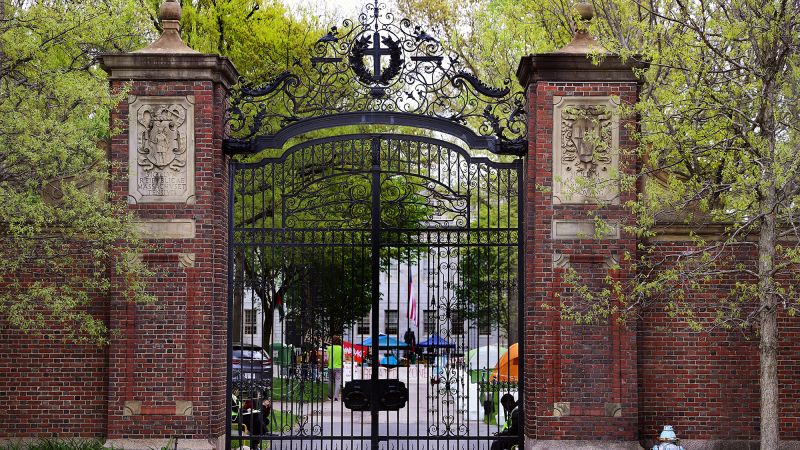Harvard University has decided to no longer take a stance or speak out on public matters that do not directly impact the core function of the Ivy League school. This decision comes after a period of turmoil at the university, including the resignation of Claudine Gay, Harvard’s first Black president, amid controversy and plagiarism allegations. A working group was formed in April to determine when the university should speak out, with the conclusion being that Harvard should only speak out to protect and promote its core function, defend its autonomy, and academic freedom when threatened.
The working group’s report emphasized that the integrity and credibility of the institution could be compromised if the university speaks officially on matters outside its area of expertise. The decision to refrain from commenting on public matters that do not directly affect the university’s core function is seen as a way to maintain the university’s focus on its primary mission of education and research. This shift in policy reflects a recognition of the need to prioritize the university’s core functions and maintain its credibility and autonomy.
The controversy surrounding Claudine Gay’s tenure as president, including her statements on the October 7 terror attack on Israel and her testimony on campus antisemitism, likely played a role in the decision to adopt this new policy. Alan Garber, who replaced Gay as president on an interim basis, announced that the university has accepted the working group’s recommendations and that The Harvard Corporation, the university’s top governing body, has also endorsed them. Garber acknowledged that implementing these principles will require time and experience, but he expressed confidence in the work ahead.
The decision by Harvard University to no longer weigh in on public matters that do not impact its core function is a significant shift for the storied institution. This change in policy reflects a recognition of the need to maintain the university’s focus on its primary mission of education and research, as well as to protect its autonomy and academic freedom. The controversy surrounding Claudine Gay’s tenure as president likely played a role in this decision, as the working group emphasized the importance of maintaining the institution’s credibility and integrity.
Moving forward, Harvard will need to work on translating these principles into concrete practice, which will require time and experience. The university’s leadership is committed to the work ahead and has expressed confidence in the decisions made by the working group and The Harvard Corporation. By refraining from issuing official statements on public matters that do not directly impact its core function, Harvard aims to preserve its credibility and autonomy while focusing on its primary mission of education and research. This shift in policy marks a significant change for the university and reflects a commitment to prioritizing its core functions.


